Edeltraud Hanappi-Egger was re-appointed for a second term in 2018. On October 1, 2019, she presented her vision for the future of our university at the official inaugural reception for the new Rector’s Council.
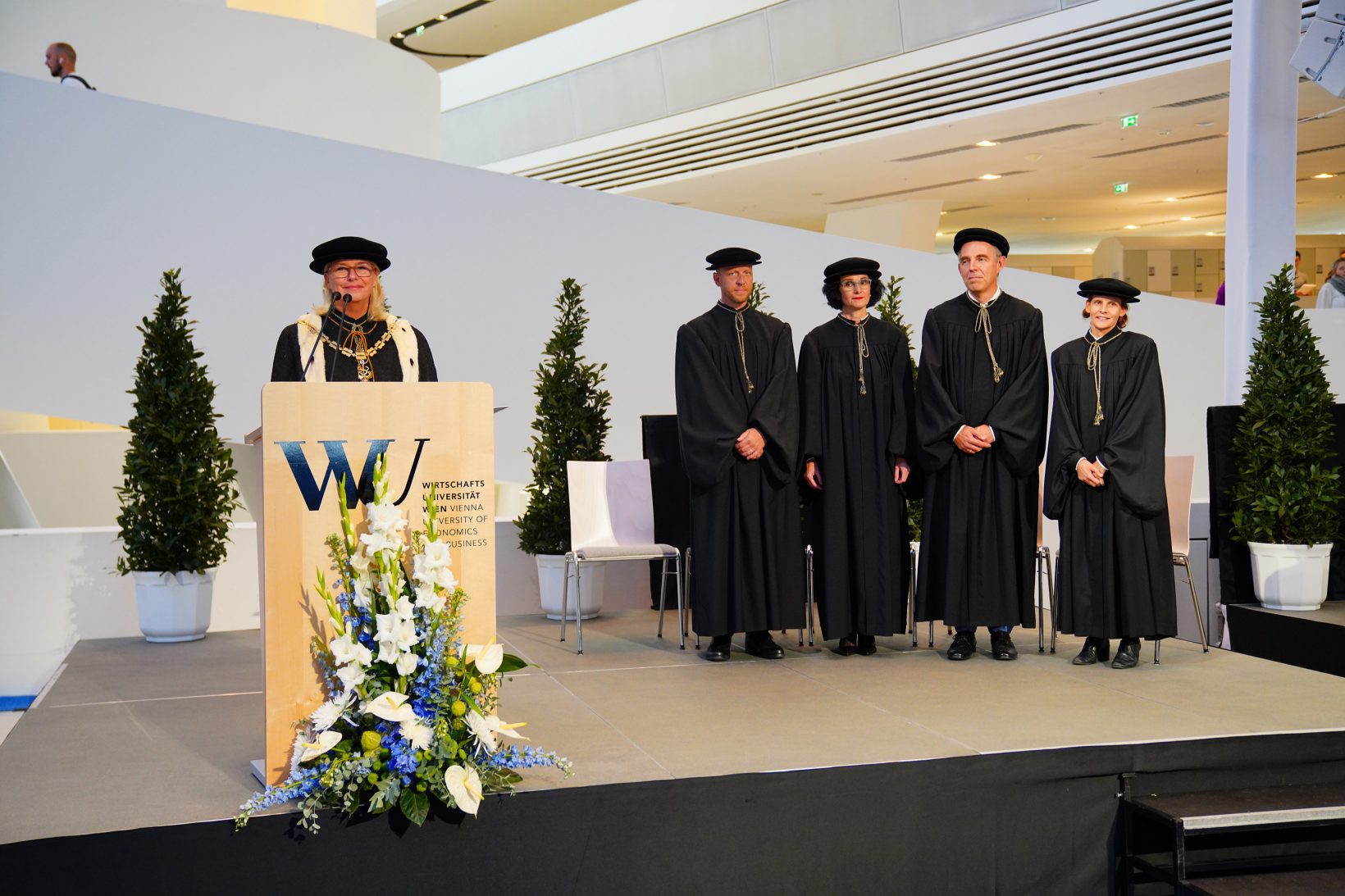
Over the next four years, WU plans to continue on its path towards becoming an institution of research and education that is internationally competitive and successful in every respect. As a responsible university, WU is aware of its social accountability and will work hard to have a positive impact on society, the economy, and the business community. Other goals include additional internationalization measures to increase the number of international students and faculty and to strengthen international research cooperation.
WU also plans to optimize the academic conditions it offers its students to increase students’ chances of graduating successfully. It is particularly important to help new students get off to a smooth and motivated start at WU.
The university also wants to actively address current challenges and developments, especially in the field of the digital economy. This applies not only to businesses, but to all areas of society, business, and the economy that rely on digital technology. A comprehensive approach to the digital economy needs to be interdisciplinary, and must include research and teaching on business administration and law as well as economic and socioeconomic aspects. As Austria’s only business and economics university and with its strong international network and unique research and teaching competence, WU is in an ideal position to become a leading international knowledge hub on the digital economy.
Universities are also faced with the challenges of digitalization within their own organizations. Individual IT measures won’t be enough to drive digitalization forward, so WU will be drafting a university-wide digitalization strategy, including the necessary innovation programs.
The new Rector’s Council team
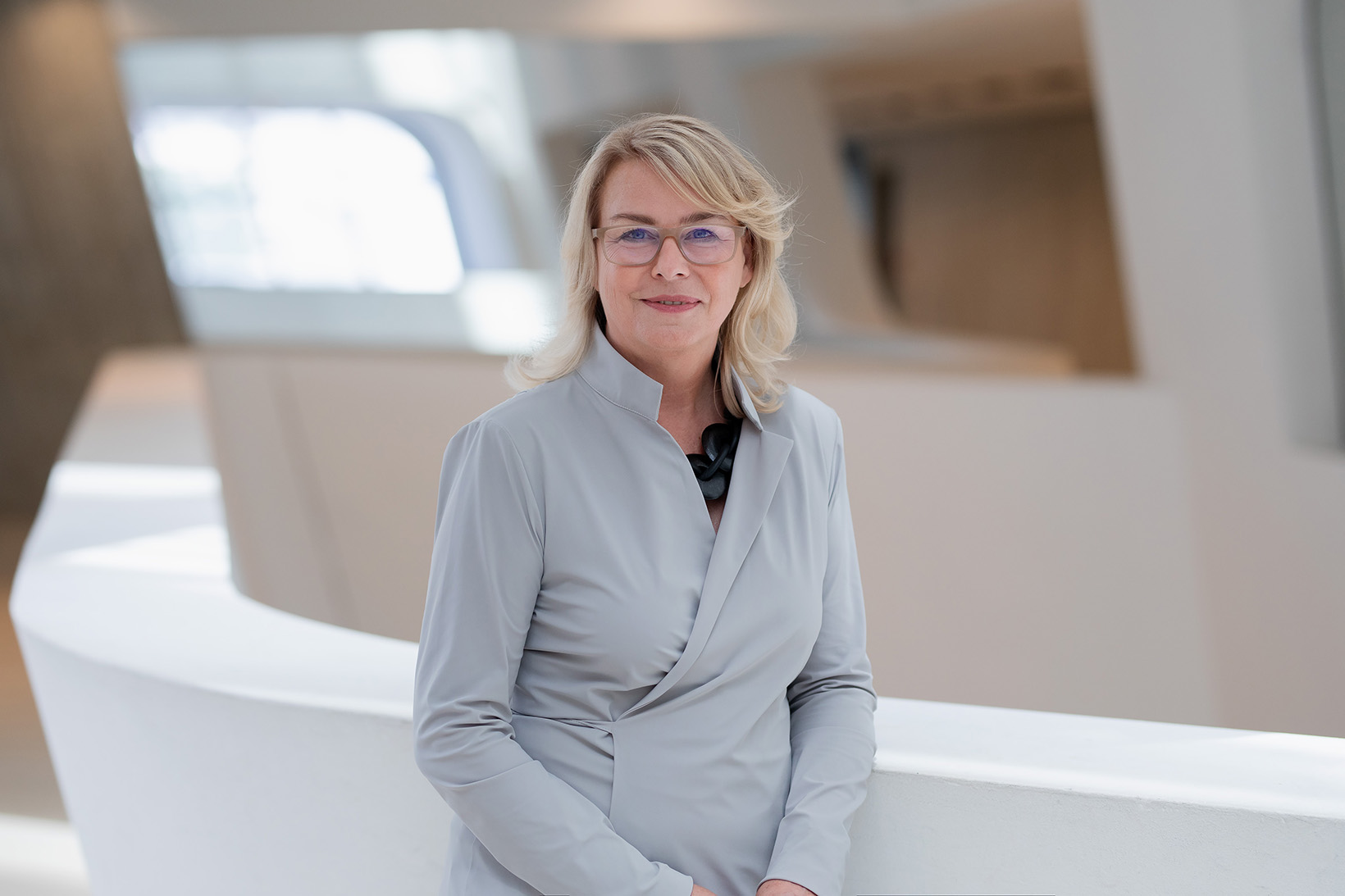
Edeltraud Hanappi-Egger earned her doctorate in computer science at TU Wien in 1990, and has been professor of gender and diversity in organizations at WU since 2002. She chaired the WU Senate from 2006 to 2009, and was chair of the Department of Management from 2012 to 2014. Edeltraud Hanappi-Egger has been rector of WU since October 1, 2015, and is the first woman to hold this position.
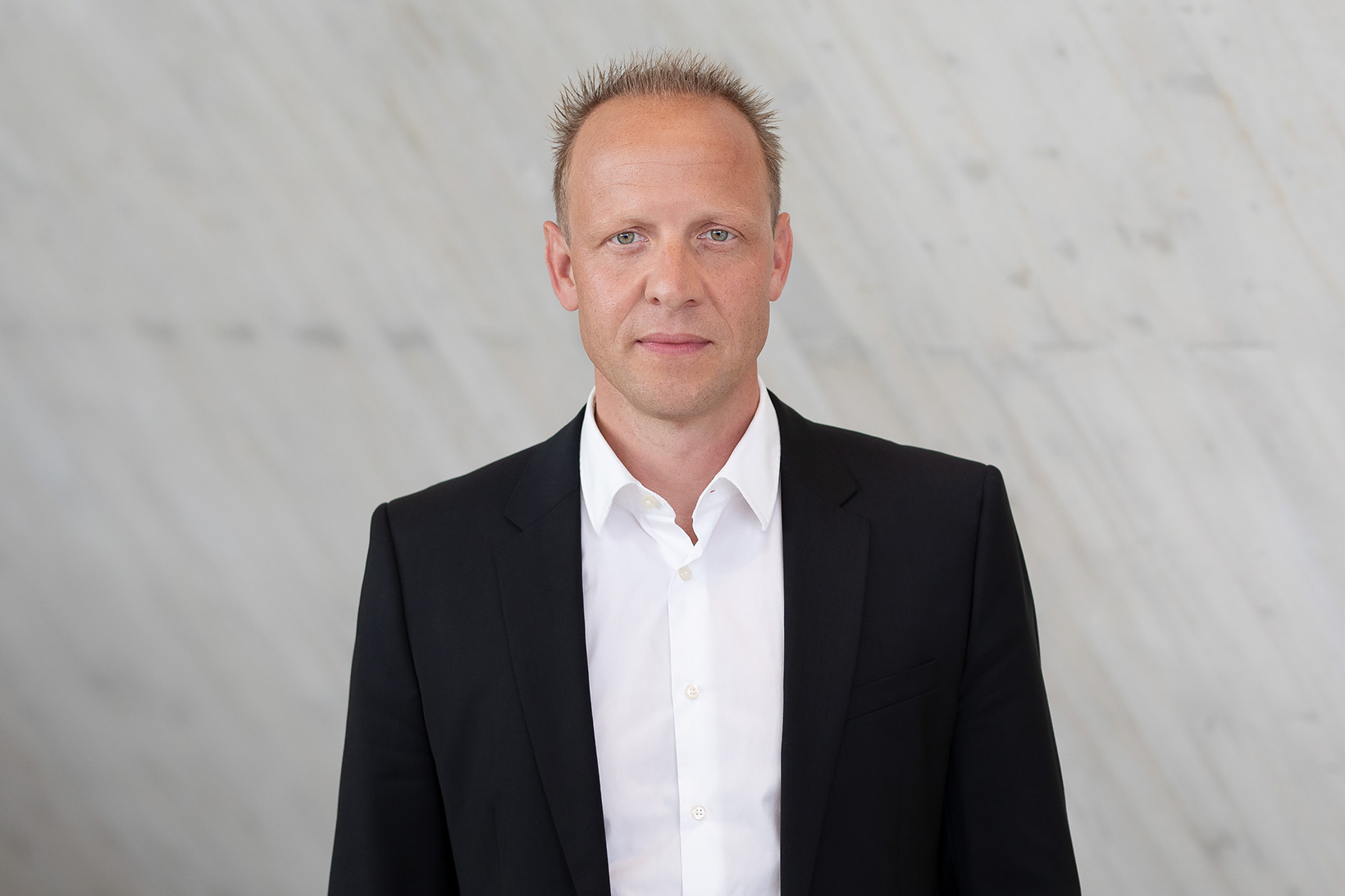
Harald Badinger completed his doctoral degree at WU in 2001. He has been a professor at WU and head of the Institute for International Economics since March 2010. From 2012 to 2015, he acted as deputy chair of the Department of Economics. He has been a vice-rector since October 1, 2015, acting first as Vice-Rector for Financial Affairs and since October 1, 2019, as Vice-Rector for Financial Affairs and University Development.

After studying law at the University of Vienna, Michael Lang worked first at WU and then in the private sector. In 1994 he was appointed professor of finance law and in 2015 Vice-Rector for Human Resources. Since October 1, 2019, research has also been on his agenda.
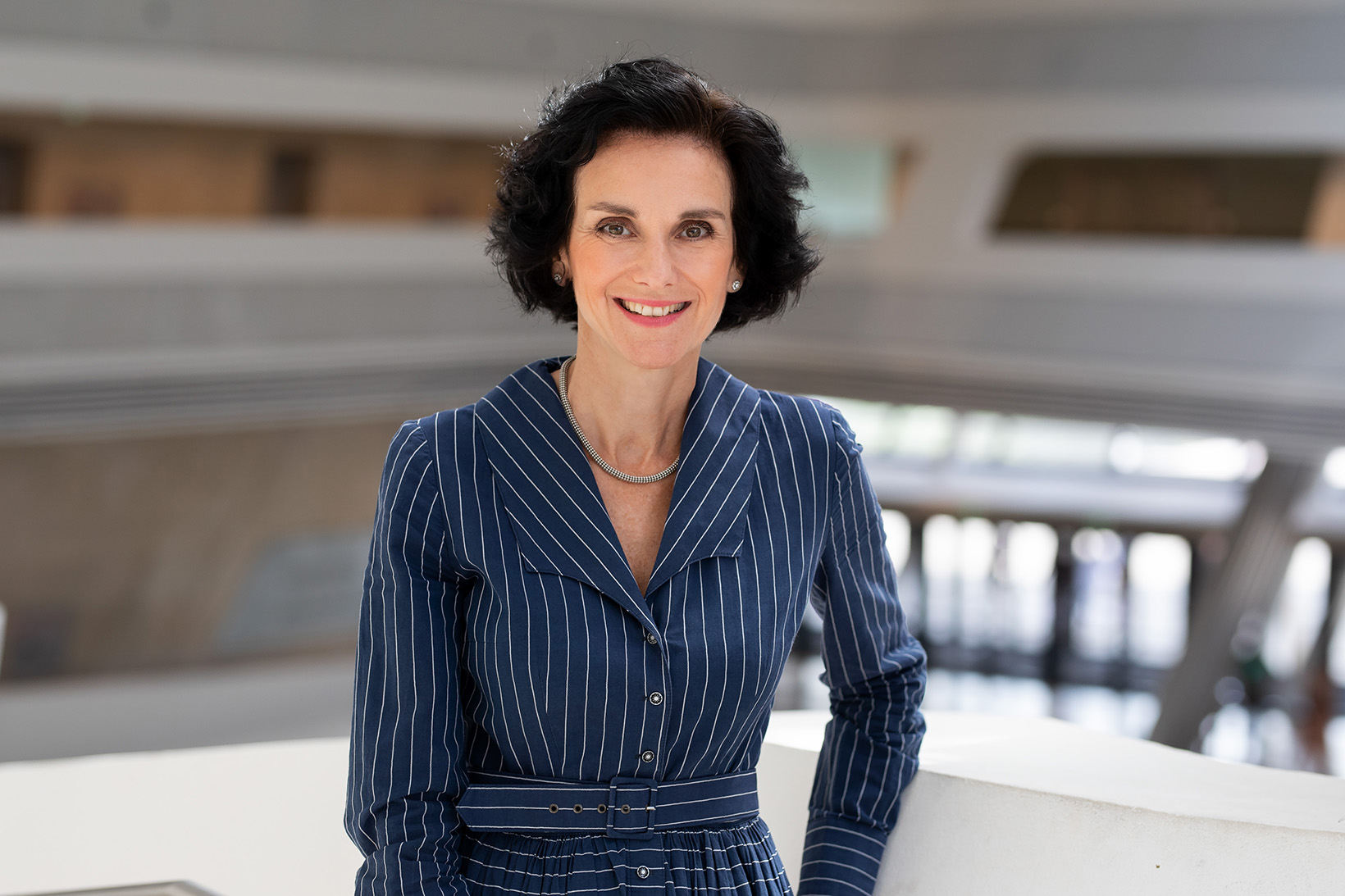
After completing her degree in commercial studies at WU, Tatjana Oppitz started working for IBM Austria in 1989. After a brief stint in Paris, she was the Country General Manager for IBM Austria from 2011 to 2017, before coming to WU as Vice-Rector for Infrastructure and Digitalization.
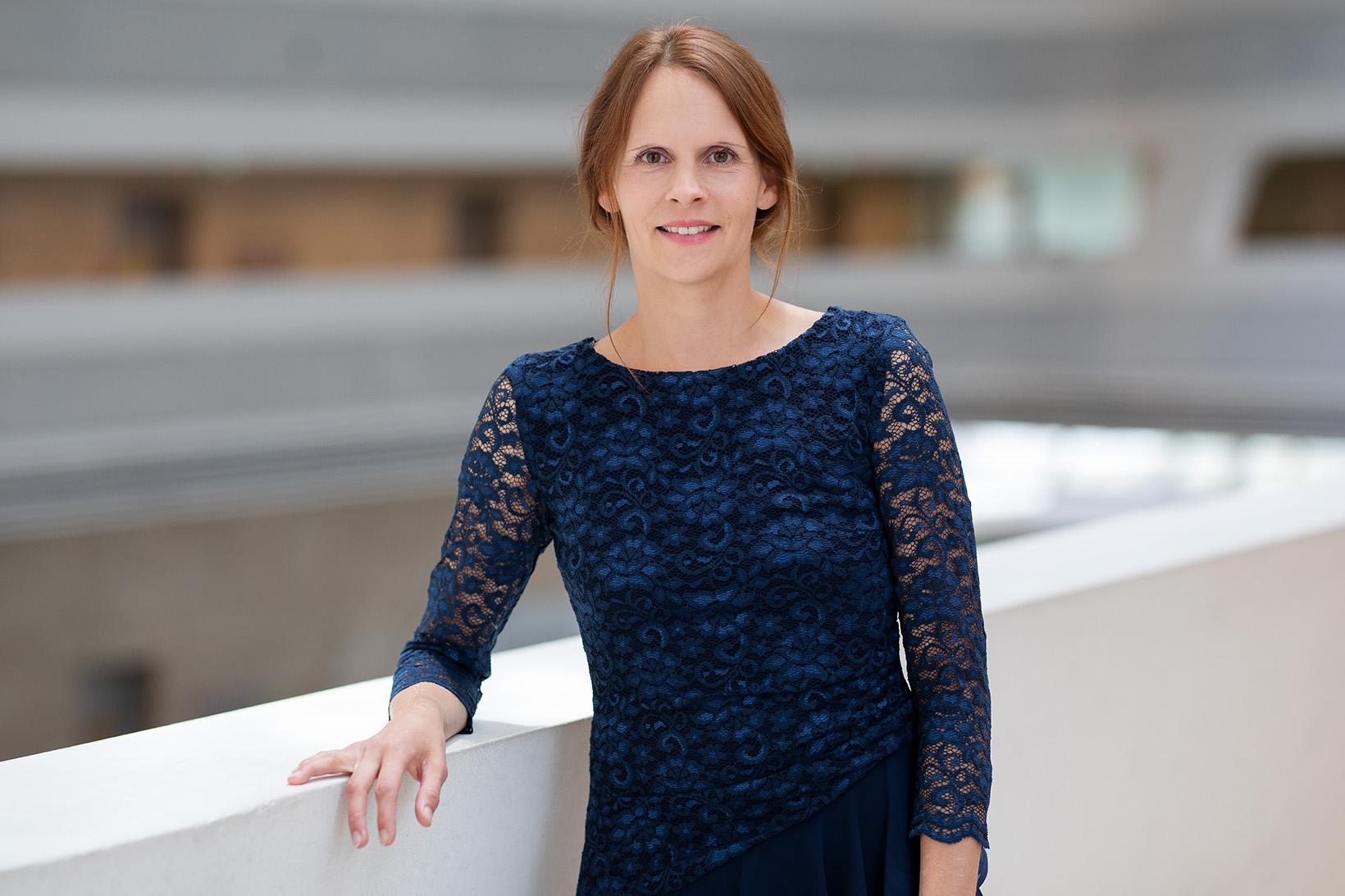
Margarethe Rammerstorfer graduated with a doctoral degree from WU in 2006, and returned to WU as a professor of investments and energy markets in December 2016. She has been Vice-Rector for Academic Programs and Student Affairs since October 2019.

